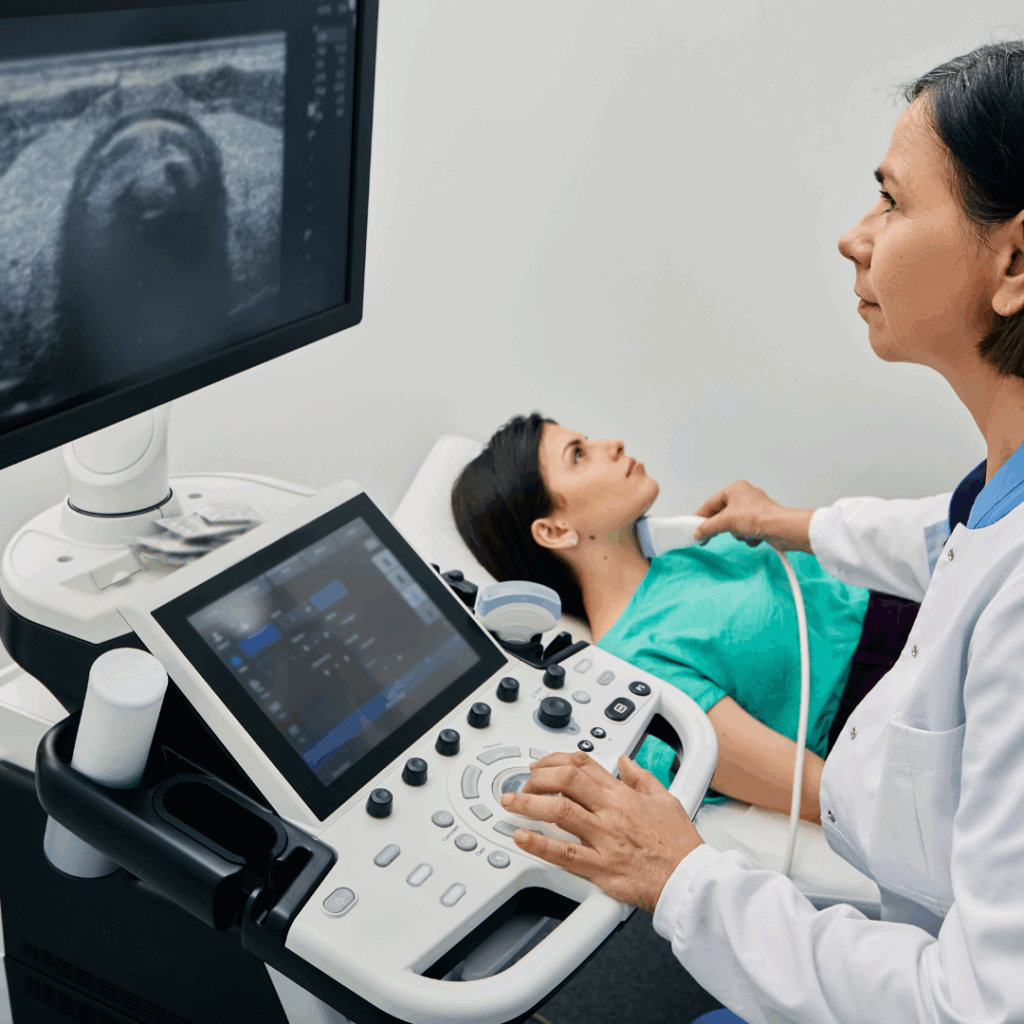The tragic circumstances surrounding medical negligence claims, like those of Anna and Gerard Gilligan, are a harrowing reminder of the crucial importance of patient safety within medical settings. Their case against University Hospital Galway (UHG) brought to light severe shortcomings in obstetric care, leading to the untimely death of their baby, Ailbhe. Such cases resonate deeply, raising significant questions about accountability, justice, and support for affected families.
This blog post aims to provide clarity on medical negligence, particularly in birth injury claims, and explore how legal pathways can help families seek justice and compensation after enduring unimaginable loss.
What is Medical Negligence?
Medical negligence occurs when a healthcare professional deviates from the standard of care expected in their field, leading to harm, injury, or loss of life. Mistakes during medical treatment are not inherently classed as negligence. For a case to qualify, it must be proven that:
- The standard of care fell below that of a reasonably competent professional in the same field.
- This failure directly caused harm that could have been avoided with appropriate care.
Birth injuries represent one of the most sensitive areas of medical negligence, often impacting both the physical and emotional wellbeing of the mother, baby, and wider family.
Birth Injuries and Their Impact
Types of Birth Injuries
Birth injuries can be categorised into physical and neurological injuries:
- Physical injuries may include fractures, bruises, or cuts caused during labour or instrumental delivery.
- Neurological injuries involve damage to the nervous system, such as cerebral palsy, Erb’s palsy, or hypoxic-ischaemic encephalopathy (HIE). These are typically caused by oxygen deprivation or trauma during the birthing process.
Causes of Birth Injuries
Medical negligence in birth injuries generally stems from:
- Failure to monitor fetal distress.
- Mismanagement of labour or delayed delivery.
- Misuse of delivery instruments, such as forceps or vacuum extractors.
- Failure to perform timely interventions, such as emergency caesarean sections.
Emotional and Financial Impacts
The effects of birth injuries extend beyond physical harm. Families are often left dealing with emotional trauma, long-term care needs for their child, and significant financial burdens associated with medical treatments, accessibility equipment, or loss of income due to caregiving responsibilities.
The Gilligans’ Case and Lessons from UHG
The case of Anna and Gerard Gilligan tragically underscores the devastating consequences of medical negligence. The High Court hearing revealed that insufficient monitoring during labour led to Ailbhe suffering a hypoxic-ischaemic insult, a brain injury caused by a lack of oxygen. Despite settling their case, the Gilligans’ heartbreak is a poignant reminder of the importance of accountability in healthcare.
UHG admitted to breaching their duty of care, failing to repeat critical foetal scalp blood tests and expedite delivery despite warning signs. However, the Health Service Executive (HSE) contended that the death was not solely attributable to these failures. This disparity in responsibility emphasises the challenges families face in getting full accountability in medical negligence cases.
The Gilligans’ case serves as a stark example of the need for systemic improvements in obstetric care. Early detection of foetal distress and appropriate interventions are non-negotiable elements of safe maternity care.
Steps to Take If You Suspect Medical Negligence
If you believe you or a loved one has suffered due to medical negligence, consider these steps to move forward:
- Document Everything: Keep a detailed record of medical appointments, procedures, test results, and any changes in medical condition.
- Obtain Medical Records: Request medical reports from hospitals or healthcare providers to review the details of your treatment.
- Consult a Solicitor: Reach out to experienced medical negligence solicitors, like those at HOMS Assist, to investigate your claim.
- Gather Expert Opinions: Legal teams often work with independent medical experts to determine if your care fell below accepted standards and if it caused the injury.
- File Your Claim: If negligence is established, your solicitor will help draft a Letter of Claim and pursue settlement discussions or, if necessary, legal proceedings.
Why Compensation Matters
Compensation following a medical negligence case serves multiple purposes:
- Financial Relief: Cover medical expenses, lost income, and long-term care costs.
- Acknowledgement of Harm: Receive formal recognition of the wrong done, providing emotional closure for families.
- Systemic Change: Push for healthcare reforms to ensure similar cases are avoided in the future.
For the Gilligans, a significant part of their pursuit centred on preventing other families from enduring similar heartbreak. Legal cases like theirs can act as a catalyst for healthcare improvements.
How Expert Solicitors Can Help
Navigating a medical negligence case can be daunting, but experienced legal representation can make all the difference. Firms like HOMS Assist specialise in birth injury claims, offering compassionate, expert guidance tailored to each family’s unique situation.
Their process typically involves:
- Detailed Investigations: Gathering medical records and engaging independent experts to assess the case.
- Supportive Advocacy: Providing families with empathetic, professional representation throughout the legal process.
- Efficient Resolution: Striving to secure timely settlements or court verdicts to alleviate financial strain and emotional stress.
Seeking Support and Justice
Cases like Anna and Gerard Gilligan’s highlight the importance of accountability and justice in medical settings. While no legal outcome can undo their loss, the recognition of failures in care is a step towards meaningful change. For expecting couples and parents, understanding your rights and seeking expert legal support can empower you to take action if things go wrong.
If you have concerns about medical negligence in your care or your child’s birth, don’t hesitate to seek advice. Contact the experienced team at HOMS Assist to ensure your voice is heard and justice is pursued.









